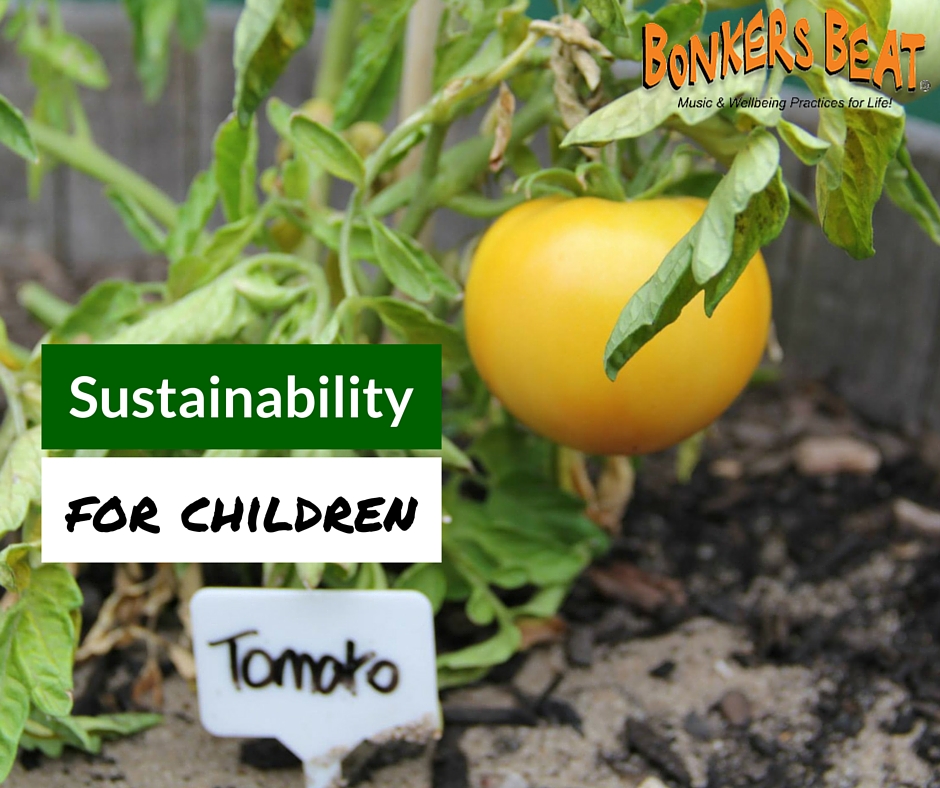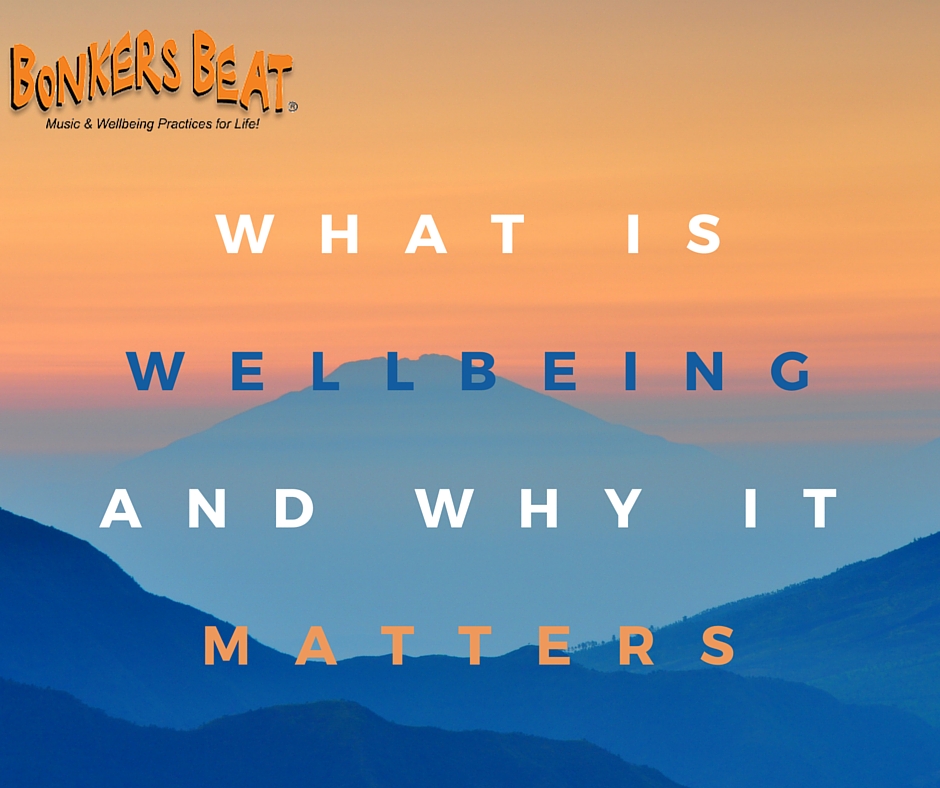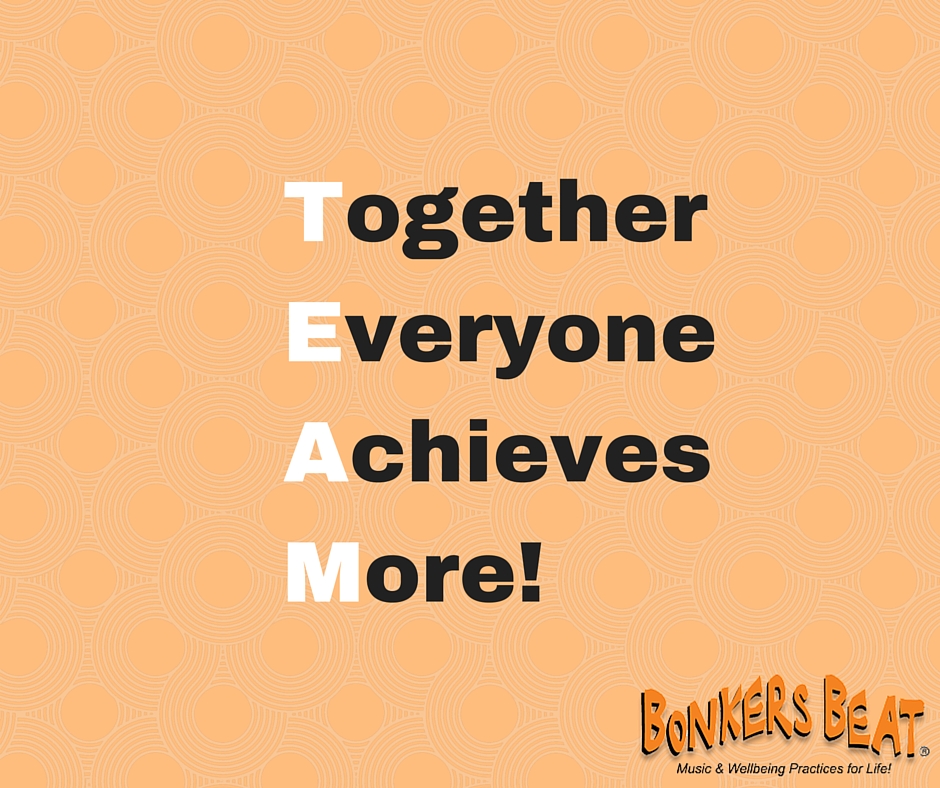We are all striving towards creating the ultimate learning environment for young children. But what about the bigger picture? Making sure we take care of the environment in a broader sense is crucial, as is teaching the next generation about the importance of keeping the planet healthy.
Sustainability isn’t a buzzword – it’s the key to a happy, healthy future for us all. So how do educators and children make a difference? Our environmental sustainability program is a big part of the Bonkers Beat philosophy and practice. We understand the importance of looking after our planet and work together to raise awareness of the environment and a sense of connection to the natural world. Clean Up Australia Day is coming up on 6 March (Schools Clean Up Day, 4 March) and this is a good starting point to open up a discussion with children about the environment.
Encourage Sustainability in Three Steps
We’ve identified a three step pathway to showing children how they can make a different to the planet and the future:
- Respect
If we can first encourage children to respect the environment and nature, we have made a good start. One of the easiest ways of doing this is through growing, cooking and eating. Once children see firsthand that nature is providing yummy food for them with just a little bit of care, they tend to look at a garden from a new perspective.
Practical Tip: Children should be taught care for plants and nature through activities like planting, watering plants, pruning, harvesting/picking and cooking.
- Responsibility
Working from a basis of respect for the environment, children and staff can demonstrate their respect for their environment by becoming socially responsible. Promote awareness of wastage when it comes to water, electricity, paper and recyclable materials.
Practical Tip: Time handwashing, use compost bins, grow vegetables, fruit and herbs, maximise the use of natural light, minimise the use of heating and cooling.
- The three R’s – Reduce, Reuse and Recycle
These three R’s are practical reminders that we can apply to almost anything in life. If children have some paper we want them to think: can it be reused or recycled? They deserve to know that off-cuts of used scrap paper can be turned into tissues, newspapers, kitty litter and moulded cartons for eggs and fruit. We want them to opt for a reusable snack box rather than plastic wrappings, and to understand the impact of littering on animals and the world.
Practical Tip: Read more about how to action the three R’s – Reduce, Reuse, and Recycle – here.
Explaining sustainability to children can be tricky. The simple explanation we always use: it is just ‘Enough for Everyone for Ever’.
At Bonkers Beat we believe it is our responsibility to be role models and teach children to:
-learn about the environment
-develop skills to investigate and solve issues in the environment
-acquire attitudes of care and concern for the environment
-adopt behaviours and practices which protect the environment
-understand the principles of ecologically sustainable development
Remember, the upcoming annual event Clean Up Australia Day is on 6 March (Schools Clean Up Day 4 March)! Centres, you can register your Clean Up Day by clicking here. Alternatively, you might like to register to join an existing site clean up.
Here’s a sneak peak at our environmental sustainability program at the Bonkers Beat Music Kinder in Aspendale:
Inspire us by showing off images from your centre on our Facebook page, or Bonkers Beat members can share in the private My Bonkers Beat group.
P.S. As a loyal Bonkers Beat supporter, please enjoy this gift from Bonkers the Monkey – click here for your exclusive access to our song ‘Bonkers Rap’. A fun resource for talking about looking after the planet!




